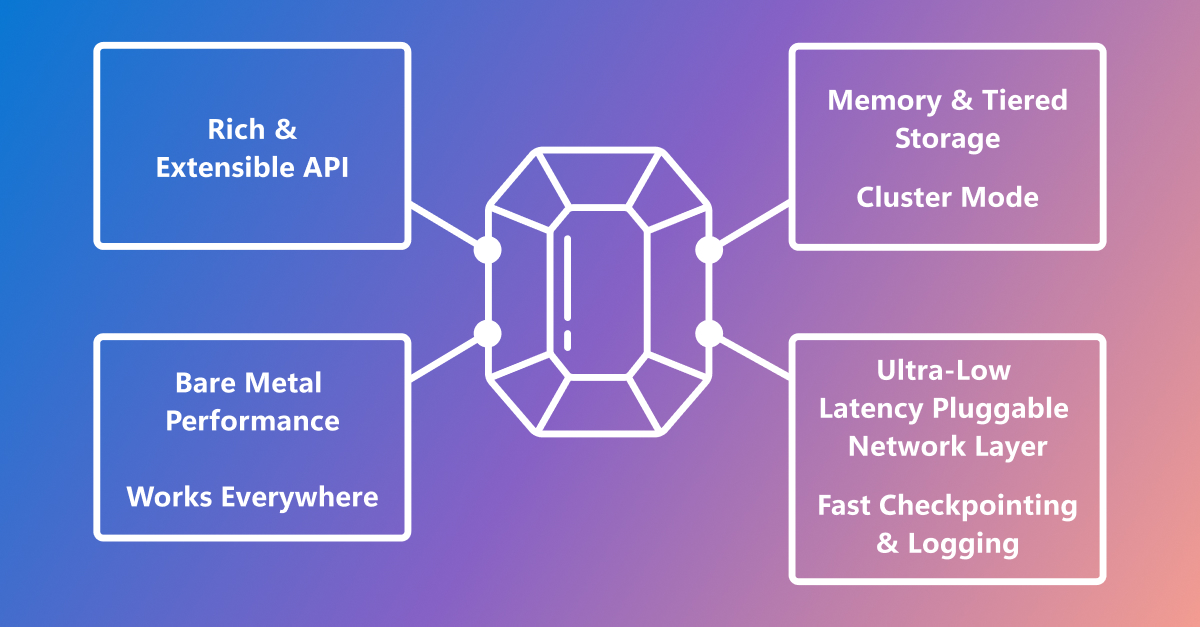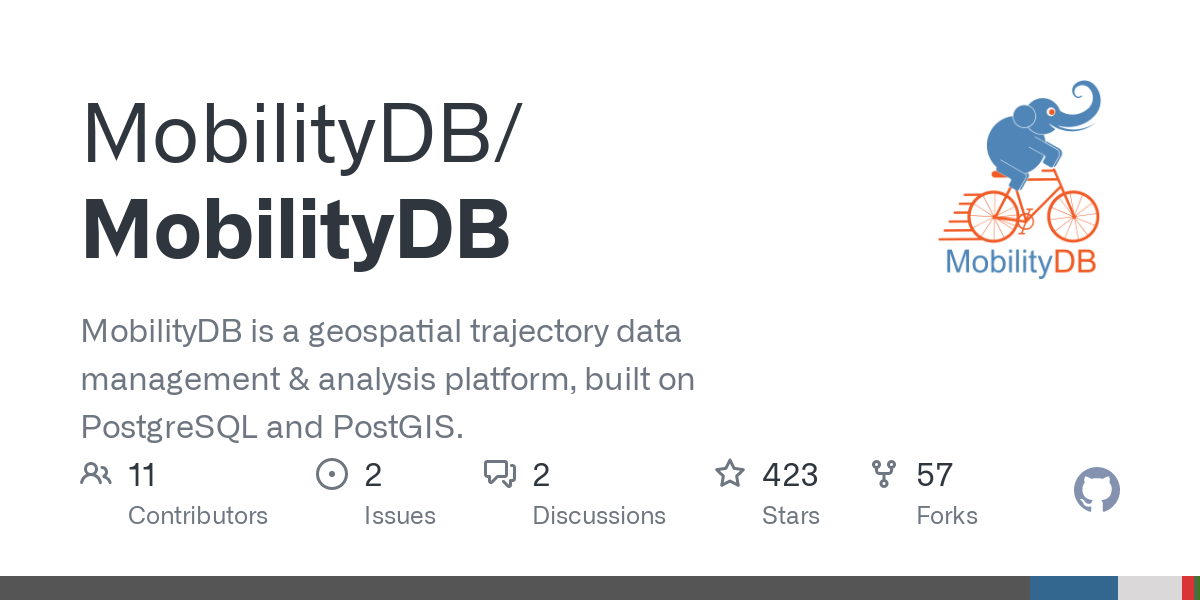- 3 Posts
- 21 Comments

 7·3 months ago
7·3 months agoThis is a weird take given that the majority of projects relevant to this article are massive projects with hundreds or thousands of developers working on them, over time periods that can measure in decades.
Pretending those don’t exist and imagining fantasy scenarios where all large projects are made up of small modular pieces (while conveniently making no mention to all of the new problems this raises in practice).
Replace functions replace files and rewrite modules, that’s expected and healthy for any project. This article is referring to the tendency for programmers to believe that an entire project should be scrapped and rewritten from scratch. Which seems to have nothing to do with your comment…?

 41·3 months ago
41·3 months agoThis thread is a great example to why despite sharing knowledge we continually fail to write software effectively.
The person you’re arguing with just doesn’t get it. They have their own reality.

 1·3 months ago
1·3 months agoI have a weird knack for reverse engineering, and reverse engineering stuff I’ve written 7-10 years ago is even easier!
I tend to be able to find w/e snippet I’m looking for fast enough that I can’t be assed to do it right yet 😆
That’s one of the selling points, yep

 3·3 months ago
3·3 months agoTo be fair Microsoft has been working on Garnet for something like 4+ years and have already adopted it internally to reduce infrastructure costs.
Which has been their MO for the last few years. Improve .Net baseline performance, build high performance tools on top of it, dog food them, and then release them under open source licenses.
Great timing that Microsoft just released a drop-in replacement that’s in order of magnitude faster: https://github.com/microsoft/garnet
Written in C# too, so it’s incredibly easy to extend and write performant functions for.
It needs to be a bit more deployable though but they only just opened the repo, so I’ll wait.
.Net 8 will work on Linux just fine. But winforms will not, it’s specifically a legacy windows-only UI framework.
You’re going to have to jump through some incredible hoops to get it to work on Linux. Which are definitely not part of your normal curriculum.
C# on non-Windows is not impossible, but it’s going to require effort infeasible for school projects like that one.
You mean winforms (The windows specific UI) on non-Windows? Otherwise this is incredibly misleading, and plain wrong.
C# in non windows is the norm, the default even, these days. I build, compile, and run, my C# applications in linux , and have been for the last 5+ years.

 14·7 months ago
14·7 months agoI go full chaos and look up where I last used it when I need a snippet…

 1·8 months ago
1·8 months agoSomeone who shares their experiences gained from writing real world software, with introspection into the dynamics & struggles involved?
Your age (or mostly career progression, which is correlated) may actually be a reason you have no interest in this.

 202·8 months ago
202·8 months agoAnd what does it imply?
That an AI might be better at writing documentation than the average dev, who is largely inept at writing good documentation?
Understandably, as technical writing isn’t exactly a focus point or career growing thing for most devs. If it was, we would be writing much better code as well.
I’ve seen my peers work, they could use something like this. I’d welcome it.

 92·8 months ago
92·8 months agoI do feel like C# saw C++ and said “let’s do that” in a way.
One of the biggest selling points about the language is the long-term and cross repo/product/company…etc consistency. Largely the language will be very recognizable regardless of where it’s written and by who it’s written due to well established conventions.
More and more ways to do the same thing but in slightly different ways is nice for the sake of choices but it’s also making the language less consistent and portable.
While at the same time important language features like discriminated unions are still missing. Things that other languages have started to build features for by default. C# is incredibly “clunky” in comparison to say Typescript solely from a type system perspective. The .Net ecosystem of course more than makes up for any of this difference, but it’s definitely not as enjoyable to work with the language itself.

 5·8 months ago
5·8 months agoThe great thing about languages like C# is that you really don’t need to “catch up”. It’s incredibly stable and what you know about C#8 (Really could get away with C# 6 or earlier) is more than enough to get you through the grand majority of personal and enterprise programming needs for the next 5-10 years.
New language versions are adding features, improving existing ones, and improving on the ergonomics. Not necessarily breaking or changing anything before it.
That’s one of the major selling points really, stability and longevity. Without sacrificing performance, features, or innovation.
Yessss.
C#/.Net backends are the best. The long term stability, DevX, and the “it just works” nature of all the tooling makes it a great choice. It’s also fast, which makes scaling for most applications a non-issue.
I’ve switched to postgres for DB from SQL server, have never looked back, would recommend.
.Net + EF Core + Vue/TS + Postgres. Redis as needed, Kafka as needed.
I can get applications built extremely quickly, and their maintenance costs are incredibly low. The backends are stable, and can hang around for 5, 10+ years without issue or problems with ecosystem churn.
You can build a library of patterns and reusable code that you can bring to new projects to get them off the ground even faster.
Would recommend.

 13·10 months ago
13·10 months agoYeah but the ecosystem drags it about as far down as you can go.
Backend development for large applications relies on stability, the JS ecosystem has anything except stability.This is okay for FE development where you naturally have a lot of churn.
It’s a reasonable expectation that a backend built today should be maintenance free and stable over the next 5-10 years if no more features or bugfixes are required. And is buildable, as is, anywhere in that timeframe with minimal or zero additional work.
Additionally, strong backends in the same ecosystem are similar, they use similar technologies, similar configs, similar patterns, and similar conventions. This is not the case for JS/TS backends, there is incredible churn that hurts their long term stability and the low-maintenance requirements of strong enterprise, and even more importantly small businesses backends.
Mature ecosystems provide this by default this is why C#/Java is so popular for these long-standing, massive, enterprise systems. Because they are stable, they have well established conventions, and are consistent across codebases and enterprises.
This is a perspective most devs in the ecosystem lack, given that half of all developers have < 5 years of experience and the vast majority of that is weighted into the JS ecosystem. It takes working with systems written in python, TS, JS, C#, Java…etc to gain the critical insight necessary to evaluate what is actually important in backend development.
Edit: to be clear this isn’t just shitting on JavaScript because that’s what people do, I work with it everyday, TS is by far my favorite language. 2/3 of my career is with JS/TS. This is recognizing actual problems that are not singularly solvable with the ecosystem that pulls down its liability for backend development. There are languages and ecosystems are much better for your back end it’s not that scary to learn a new language (many of my co-workers would disagree it’s not scary 😒)

 2·1 year ago
2·1 year agoHard agree.
Less code is not a positive metric to measure your implementation by, and is not a valid premise to justify itself. Often increasing the complexity (again, LOC is not an indicator of complexity), tanking performance, and harming the debugging experience is a common result of the mentality. Things that make software worse.
Not all one-liners are bad ofc, that’s not the argument I’m making. It’s about the mentality that less code is more good, where poor decisions are made on a flawed premise.

 5·1 year ago
5·1 year agoThat single line of code may be using a slow abstraction, doesn’t cover edge cases, has no caching of reused values, has no optimization for the common path, or any other number of issues. Thus being slower, fragile, or sometimes not even solving the problem it’s meant to solve.
More often than not performance and robustness comes at a significant increase to the amount of code you have to write in high level languages… Performance optimizations especially.
A high performance parser I was involved in writing was nearly 60x the amount of code (~12k LOC) of the lowest LOC solution you could make (~200LOC), but also several orders of magnitude faster. It also covered more edge cases, and could short circuit to more optimal paths during parsing, increasing the performance for common use cases which had optimized code written just for them.
More lines of code = slower
It doesn’t. This is a fundamental misunderstanding of software engineering and is flawed in almost every way. To the point of it being an armchair statement. Often this is even objectively provable…

 32·1 year ago
32·1 year agoeach line of code is a millisecond round their neck
My man here thinking performance optimizations= fewer lines of code 😂😂😂




Holy shit that’s completely wrong.
It’s for sure AI generated articles. Time to block softonic.